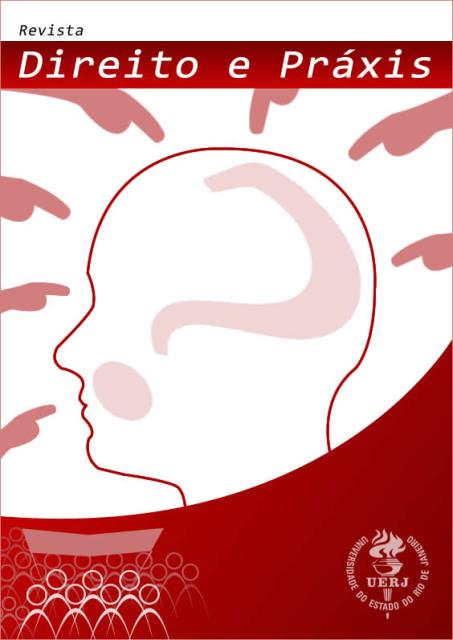A necessária superação do processualismo liberal em tempos de relações virtuais e a busca de respostas corretas para litígios envolvendo direitos transindividuais decorrentes da sociedade em rede / The need to transcend the liberal processualism
DOI:
https://doi.org/10.12957/dep.2014.6922Palavras-chave:
Processo civil, sociedade em rede, resposta correta, hermenêutica / civil process, network society, correct answer, hermeneutics.Resumo
DOI: 10.12957/dep.2014.6922
Resumo
Diante das mudanças sociais oriundas da sociedade em rede, o processo civil também precisa estar adequado a esta nova realidade para poder tutelá-la eficientemente. Partindo-se do processualismo liberal, passando pela investigação da possibilidade de alcance de respostas corretas no ambiente processual, tendo por base a teoria de Ronald Dworkin, a ideia deste trabalho é investigar a possibilidade de alcançar respostas corretas nos litígios que envolvem direitos transindividuais. A matriz teórica adotada foi a fenomenológico-hermenêutica, que constitui um “deixar ver” que o fenômeno é essencial para o desvelamento, para que o jurista (que desde-já-sempre tem experiência de mundo antecipada pela pré-compreensão) possa compreender a realidade, abnegada pelo positivismo jurídico e pela metafísica, a partir da tradição em que está inserido e da finitude de seu conhecimento. Os “métodos” de procedimento adotados foram o histórico e o monográfico, o que se justifica pela incursão no direito processual sedimentado desde o século XVII e seguintes, bem como à verificação das condições de possibilidade para a superação dos desafios da jurisdição processual no século XXI.
Palavras-chave: processo civil; sociedade em rede; resposta correta; hermenêutica.
Abstract
Given the social changes arising from the network society, the civil procedure must also be appropriate to this new reality to be able protect it efficiently. Starting from the liberal processualism, through investigation of the possibility of achieving the correct answers procedural environment, based on the theory of Ronald Dworkin, the idea of this work is to investigate the possibility of achieving correct answers in cases involving transindividual rights. The theoretical framework adopted was the phenomenological-hermeneutic, which is a "turn up" phenomenon that is essential for the unveiling, that the lawyer (who since-always-already has world experience anticipated by pre-understanding) can understand the reality, selfless by legal positivism and the metaphysical, from the tradition in which it is inserted and the finitude of his knowledge. The "methods" adopted were the historical and the monographical, which is justified by the incursion in procedural law settled from the seventeenth century onwards, as well as to verify the conditions of possibility for overcoming the challenges of procedural jurisdiction in the XXI century.
Key-words: civil process; network society; correct answer; hermeneutics.
Downloads
Downloads
Publicado
Como Citar
Edição
Seção
Licença
Os textos são de exclusiva responsabilidade de seus autores.
É permitida a reprodução total ou parcial dos artigos da Revista Direito e Práxis, desde que citada a fonte.
Este trabalho está licenciado sob uma Licença Creative Commons 4.0, Atribuição-Sem Derivações.
Esta licença permite copiar e redistribuir o material em qualquer suporte ou format para qualquer fim, mesmo que comercial, desde de que citada a autoria original.
This work is licensed under a Creative Commons Attribution 4.0 International License.




